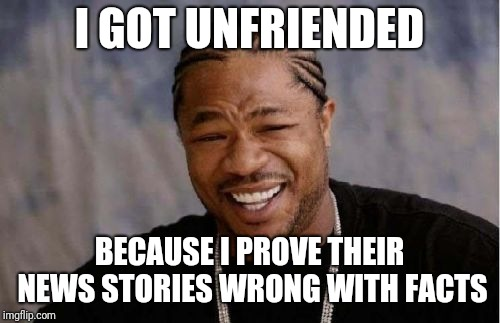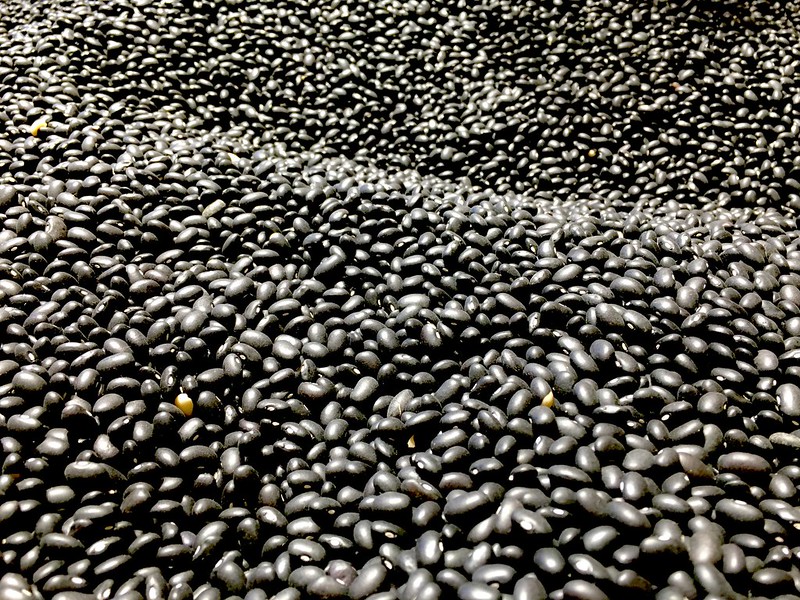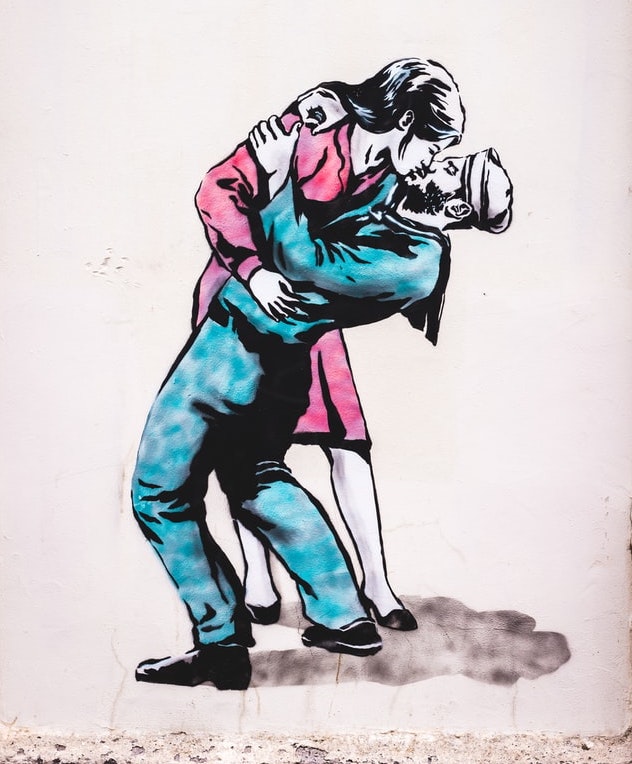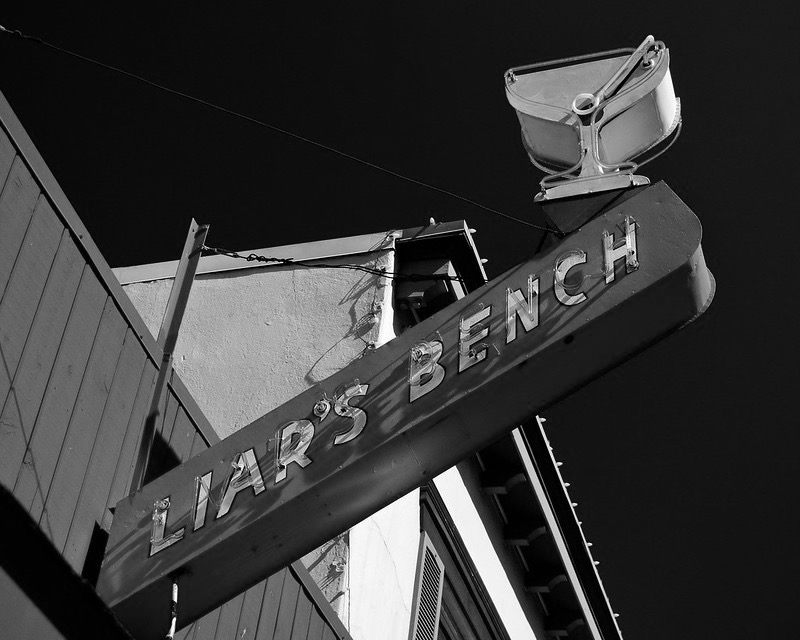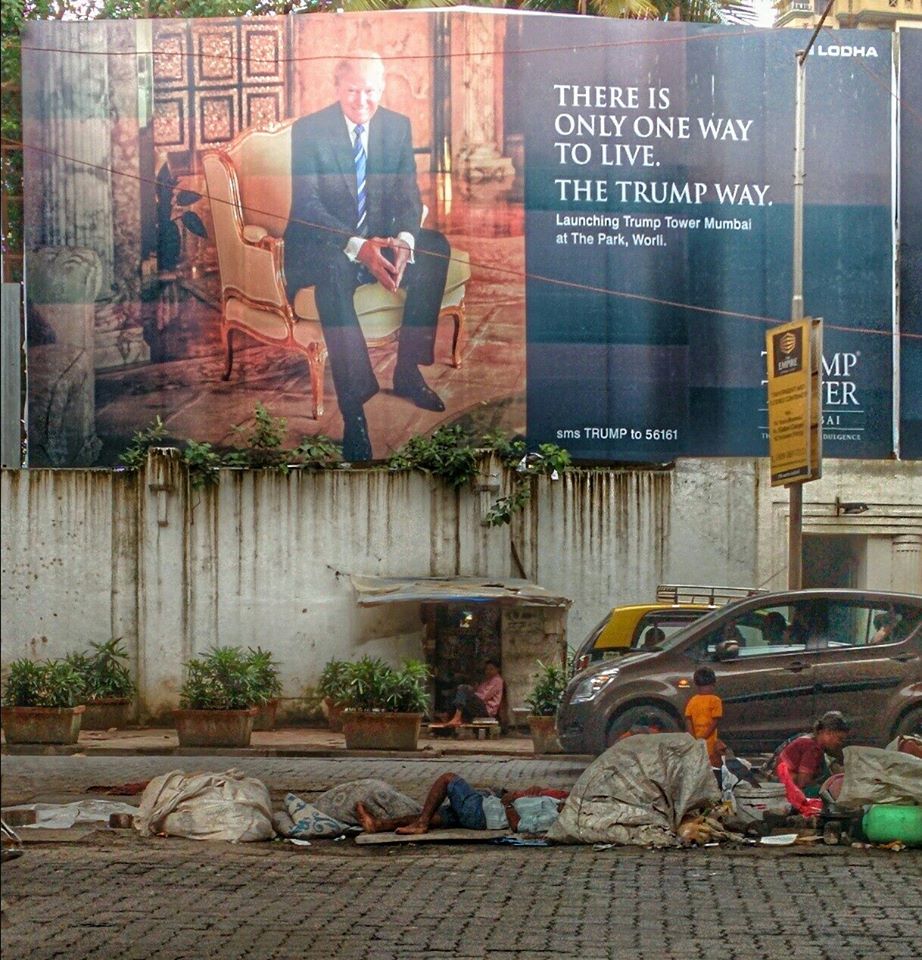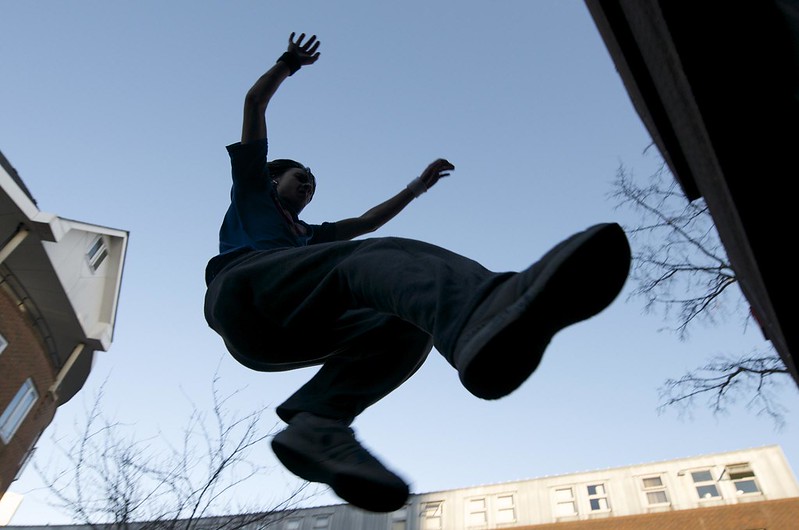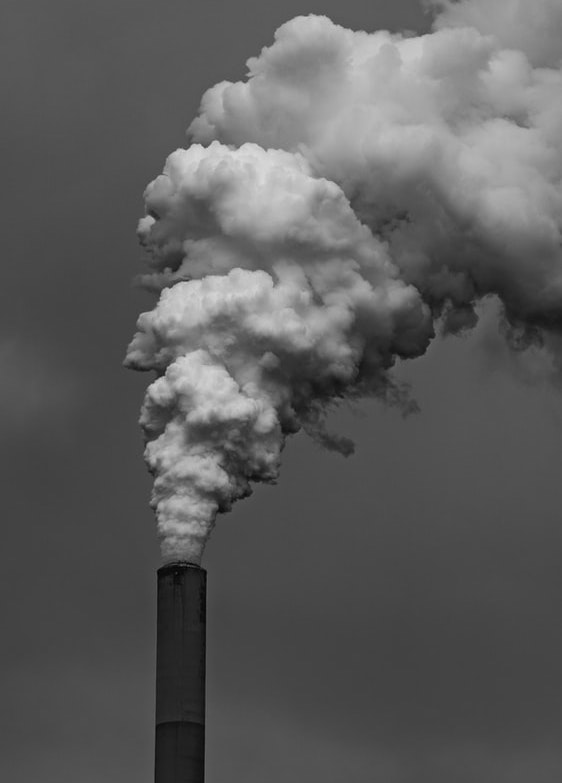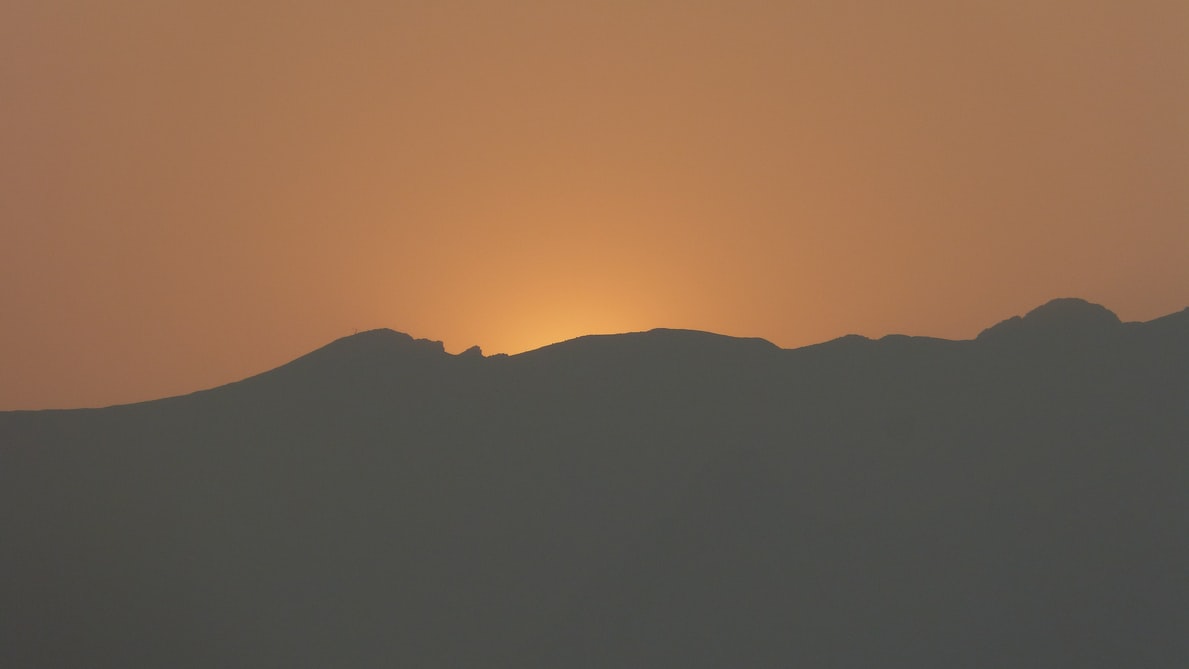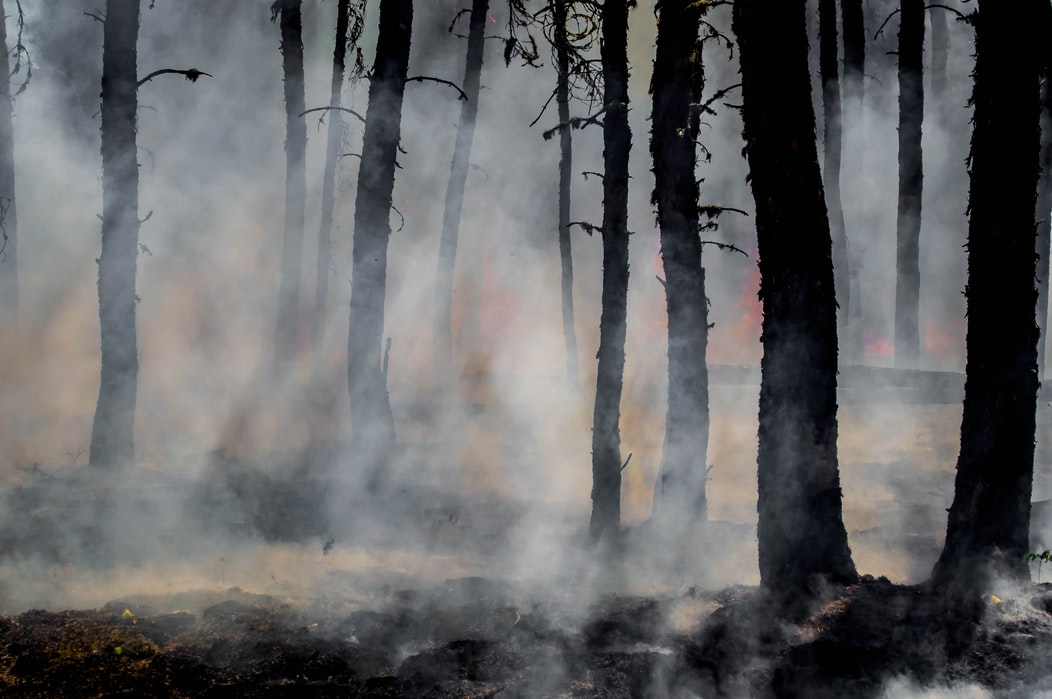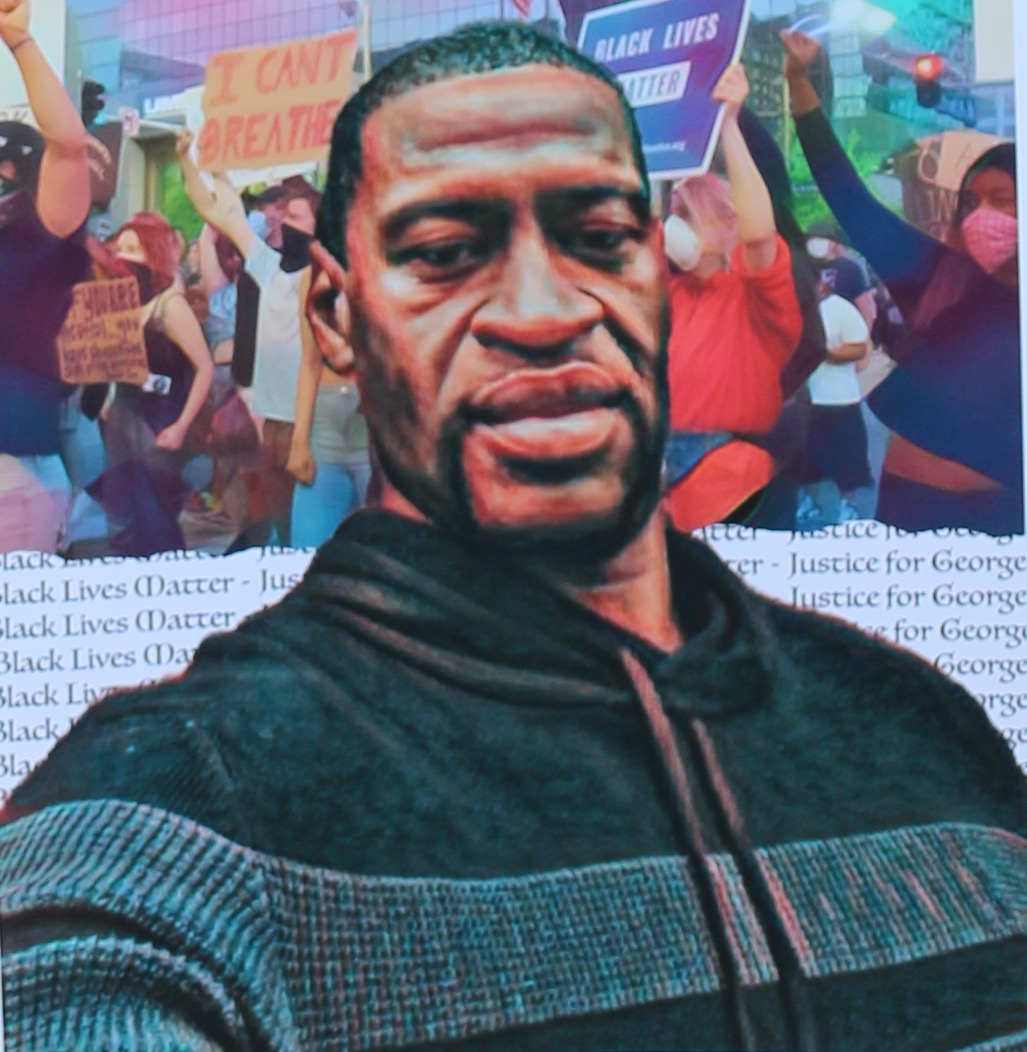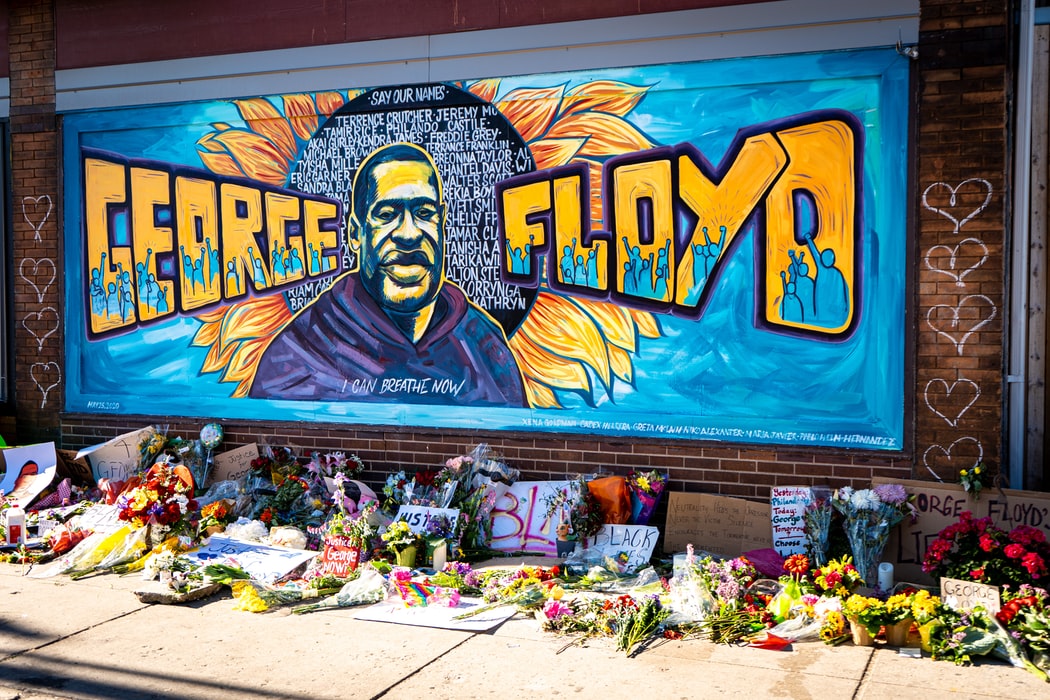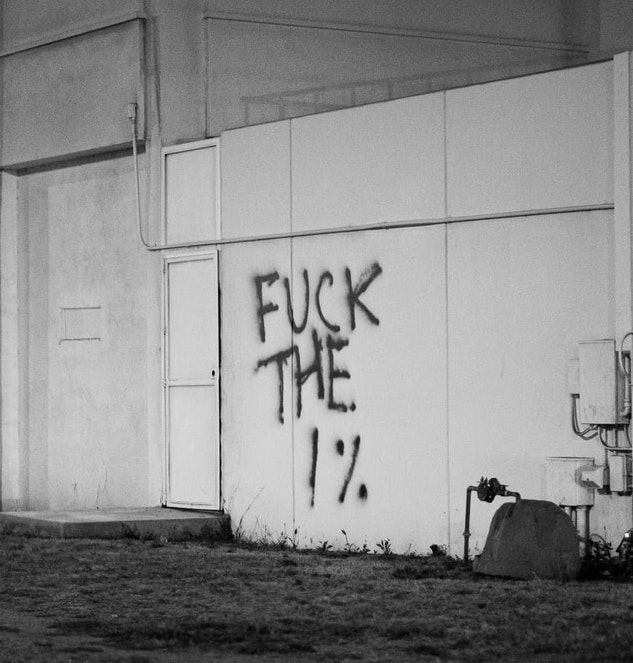Air Floyd: A Ritardando*
(AKA “It’s Gotta Be The Shoes…”)
By Hakim Bellamy
George Floyd.
The latest in a long
noose of names
to die in the street.
At the hands
and feet
of police.
Public asphyxiation
is nothing new,
but it has always drawn a crowd
even on Sundays down South.
However,
he still couldn’t get a witness,
just an autopsy,
“on the house.”
A hundred years later,
same result.
His last meal,
all asphalt
no air.
His last song,
the ritardando of his pulse.
The last thing he ever saw,
a montage of his 46 years on this planet,
feels just like a flash.
Including unequivocal evidence that when it plays,
it never starts at the beginning,
it always starts at the end
and plays backwards.
Why else would he cry for his mama
How else would we find him lifeless,
in a fetal position?
In these Black-ass streets,
wide berths built for a steady stream of hearses,
we have no choice but to keep it real,
because we aren’t afforded the privilege of rehearsals.
The stakes is high,
but for everyone else out here mistakes are fine.
And for the cops
mistakes are …
a fine.
It’s no place to die,
but if you drop to your knees.
Get on the ground.
Get in the ground.
Lay
face down, hands up,
chest to cement
and inhale,
you can still smell the wildest dreams
of little Black boys and their burnt rubber soles
begging Mom and Dad
for sneakers
that could fly.
And if you lie there long enough
you can still hear their laughter
too.
*Ritardando (or rit.) in music, a gradual decrease in tempo.
Before being tapped by Albuquerque Mayor Keller to serve as the Deputy Director of the Cultural Services Department, Hakim Bellamy was the Inaugural Poet Laureate for the City of Albuquerque (2012-2014). Bellamy is a W. K. Kellogg Foundation Community Leadership Network Fellow, a Kennedy Center Citizen Artist Fellow, an Academy for the Love of Learning Leonard Bernstein Fellow, Western States Arts Alliance Launchpad Fellow, Santa Fe Arts Institute Food Justice Fellow, New Mexico Strategic Leadership Institute alum, and a Citizen University Civic Seminary Fellow. In 2012. he published his first collection of poetry, SWEAR (West End Press/University of New Mexico Press), and it landed him the Working Class Studies Tillie Olsen Award for Literature in 2012. With an M.A. in Communications from the University of New Mexico (UNM), Bellamy has held adjunct faculty positions at UNM and the Institute of American Indian Arts. Bellamy has shared his work in at least five countries and continues to use his art to change his communities.
Photo credit: Tiger500 via a Creative Commons license.


